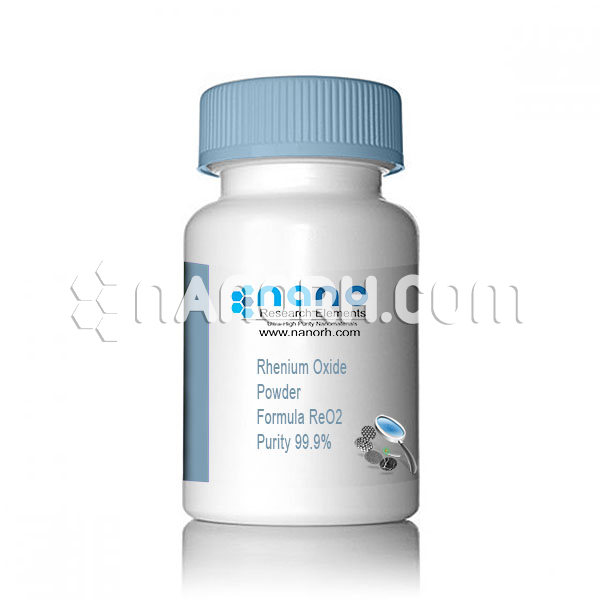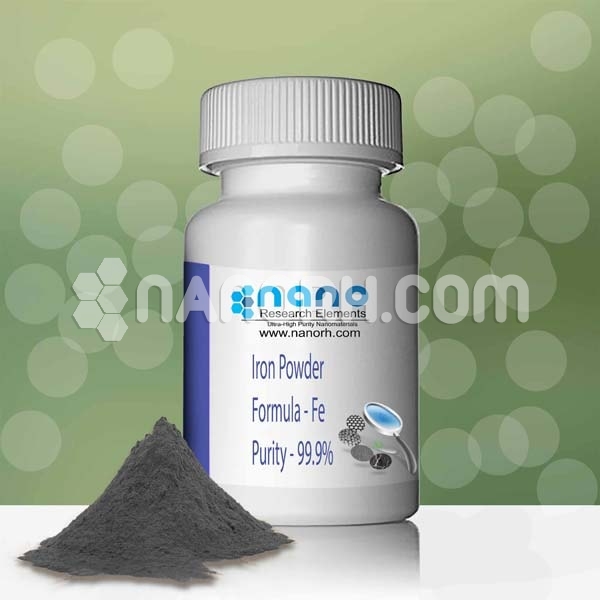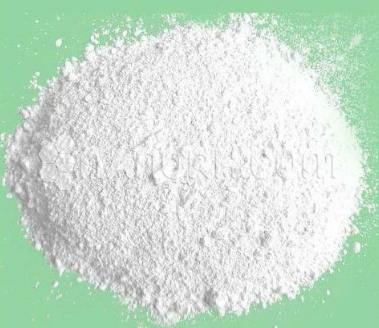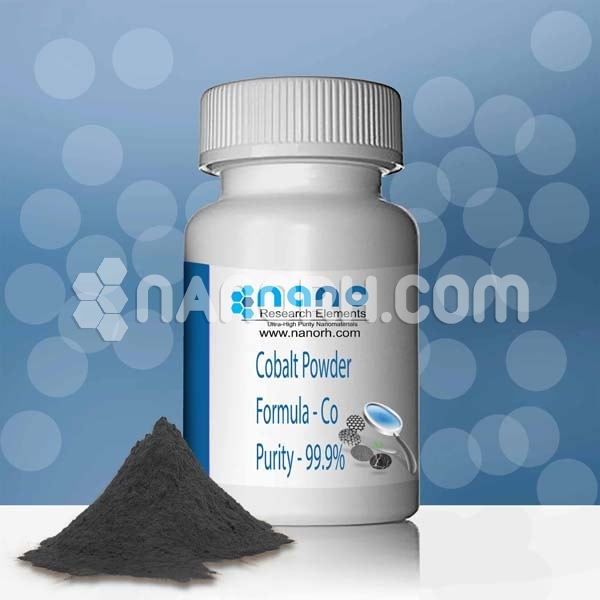| Rhenium Oxide Powder | |
| Product Number | NRE-10046 |
| CAS No. | 1314-68-7 |
| Formula | ReO2 |
| Molecular Weight | 218.20 g/mol |
| APS | <40 µm (Can be Customized) |
| Purity | 99.9% |
| Colour | Gray |
| Density | 6.92 g/cm³ |
| Melting Point | 1000°C |
| Boiling Point | NA |
Rhenium Oxide Powder
Applications
In Catalysis:
Hydroprocessing and Petrochemicals: Rhenium oxide is widely used as a catalyst in the refining of petroleum and natural gas. It helps in hydrocracking and hydrodesulfurization processes to improve the quality of fuels and reduce sulfur content. These processes are critical in producing high-octane gasoline, jet fuels, and other petroleum products.
In Aerospace and High-Temperature Applications:
Jet Engine Components: Rhenium is highly valued in the aerospace industry due to its ability to withstand extreme temperatures and pressures. Rhenium oxide is used in the manufacturing of high-performance alloys, which are employed in jet engine components, turbine blades, and rocket nozzles.
Superalloys: Rhenium oxide is a precursor in the production of superalloys, which are employed in aerospace applications for their ability to maintain structural integrity at high temperatures. Rhenium increases the strength and creep resistance of nickel-based superalloys, making them ideal for turbine engines and gas turbines.
Thermal Barrier Coatings: Rhenium oxide is used in the development of thermal barrier coatings for high-performance engines that operate at extremely high temperatures.
In Electronics and Semiconductors:
Electrical Contacts: Rhenium oxide is used in electrical contacts and switches in high-frequency applications due to its excellent electrical conductivity and thermal stability.
Semiconductor Devices: Rhenium oxide is also explored in semiconductor research for potential use in the development of new electronic materials, sensors, and high-temperature electronics due to its stability and conductivity.
In the Production of Rhenium Metal:
Recovery and Refining: Rhenium oxide is a key intermediate in the recovery and refining of rhenium metal. It is often produced by oxidizing rhenium metal and then reducing it to metallic rhenium, which is used in high-precision applications like electronics and aerospace.
Alloying Agent: Rhenium metal, derived from rhenium oxide, is alloyed with other metals (such as tungsten, molybdenum, and nickel) to improve their strength, ductility, and resistance to oxidation at high temperatures.
In Environmental Applications:
Pollution Control: Rhenium oxide is studied for its role in pollution control technologies, particularly in the reduction of nitrogen oxides (NOx) from industrial emissions. The strong oxidizing nature of rhenium oxide makes it useful in processes aimed at reducing the harmful emissions from combustion engines and industrial systems.




